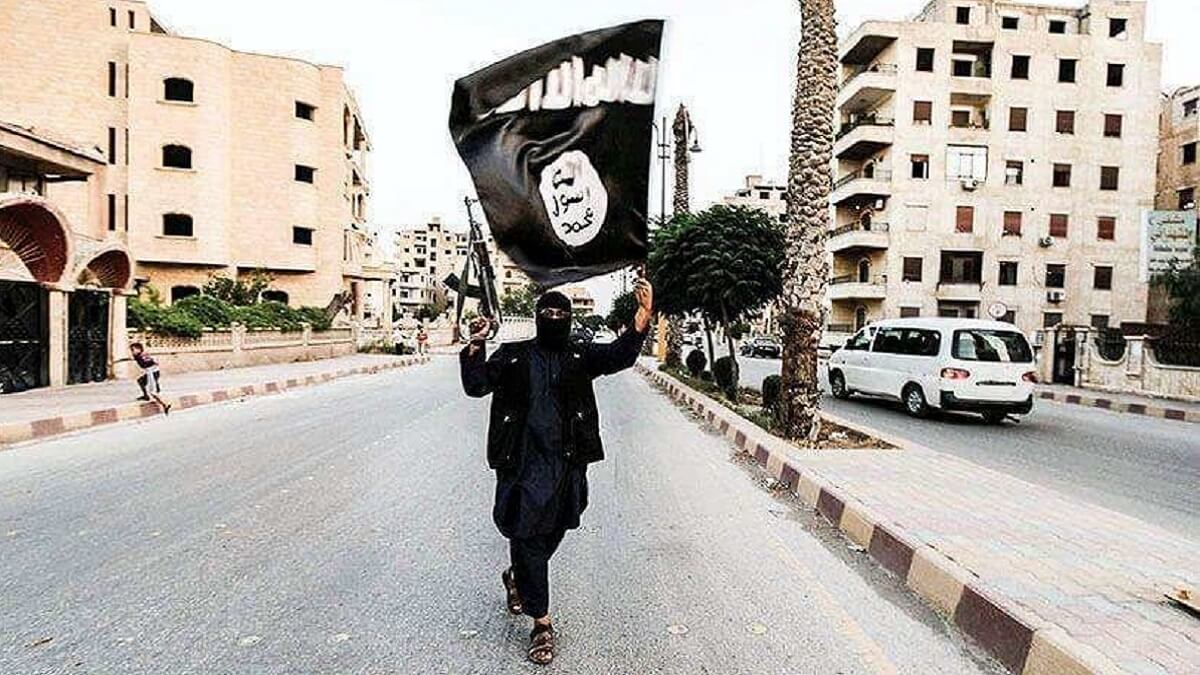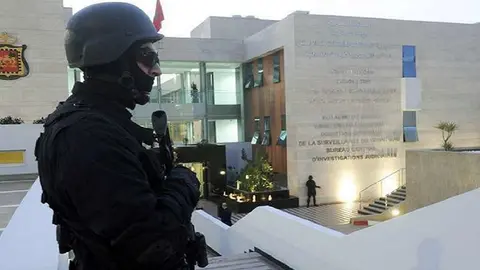Emirates emerges as the Middle East's leading counterterrorism powerhouse

The United Arab Emirates has been widely praised for its work in the fight against terrorism. In addition to its role as a mediator in various conflicts, the UAE is now also being very vigilant in the face of possible terrorist threats. Proof of this is the indictment of 84 alleged sympathisers of the Muslim Brotherhood, an organisation considered terrorist by countries such as the United States and even the European Union.
- 84 Muslim Brotherhood sympathisers indicted on terrorism charges
- Emirates plans to further increase its counterterrorism efforts
84 Muslim Brotherhood sympathisers indicted on terrorism charges
Hamad Saif Al Shams, the UAE's public prosecutor, has charged 84 members of the Islamic organisation Muslim Brotherhood with the crime of "membership of a clandestine organisation to commit acts of terrorism". The investigation lasted just under six months and found "sufficient evidence" for the prosecution to bring the defendants to trial.

The Muslim Brotherhood poses a threat to the security of the entire region. For this reason it was declared a terrorist organisation in 2014 by the UAE, Saudi Arabia, Bahrain and Egypt, among others. In this sense, collaboration between regional neighbours has been key to neutralising what could have been bloody attacks by those who, according to observers, may have close ties with Turkey.
In May 2023, Emirati cooperation with Jordan led to the arrest of Khalaf Abdulrraman al-Rumaithi, wanted for links to the organization. In addition, he was facing charges of 'conspiracy to establish a secret organisation affiliated with the Muslim Brotherhood, opposed to the founding principles of the country', referring to Jordan, where he was arrested and later handed over to the UAE.
Emirates plans to further increase its counterterrorism efforts
Abu Dhabi wants to gain even more influence in the region, and the fight against terrorist attacks is an opportunity to further strengthen its position. The UAE says that "terrorism is a global disease and any decision taken by the UAE in this regard is in the interest of all GCC countries".
Hence, despite the obvious differences with Iran - the victim of a terrorist attack perpetrated by DAESH less than a week ago - there is a possible avenue for cooperation in the fight against terrorism. To this end, the Emiratis are open to continuing to lead such actions to put an end to extremist attacks.

However, the UAE also warns of the links that, as in the case of the Ayatollah regime, unite religion and politics. It calls for "caution against organizations that use religion for political purposes, as these parties seek to try to gain power and implement their past and extremist model, based on an incorrect understanding of religion and the times".
This message is also a warning. Iran's close link between religion and politics - it is a quasi-theocratic regime - puts it in the crosshairs of organizations that, like DAESH, belong to another branch of Islam, in their case Sunni. Concern is growing, and violence is escalating to unprecedented levels as the attack that left 84 people dead last week is the deadliest in Iranian history.









